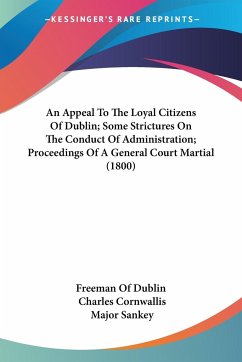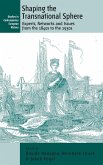From the last decade of the 18th century, European states began to define nationality more rigorously. Regulations covering matters as diverse as passports, residence permits, taxes, and admission to university examinations made clear that nationality mattered more than rank. Drawing on the files of central and regional administrations and on individual case studies and travel accounts, the author offers a detailed examination of the practical consequences of alien status in liberal England and in the comparatively restrictive German states. In the latter all citizens of other German states were considered foreigners, whereas in the United Kingdom Irish immigrants were by law British subjects along with all other persons born on British soil. These differences in legal definition of citizenship should have far-reaching consequences for the development of modern nation states, consequences the effects of which can be felt to this day.
Bitte wählen Sie Ihr Anliegen aus.
Rechnungen
Retourenschein anfordern
Bestellstatus
Storno








